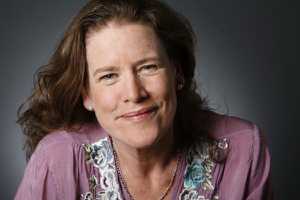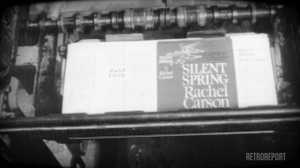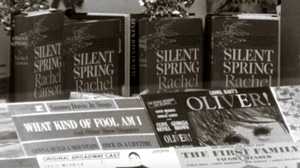When School Was the Coolest Place to Spend the Summer
The time thousands of Mississippi students chose to spend their summer learning.
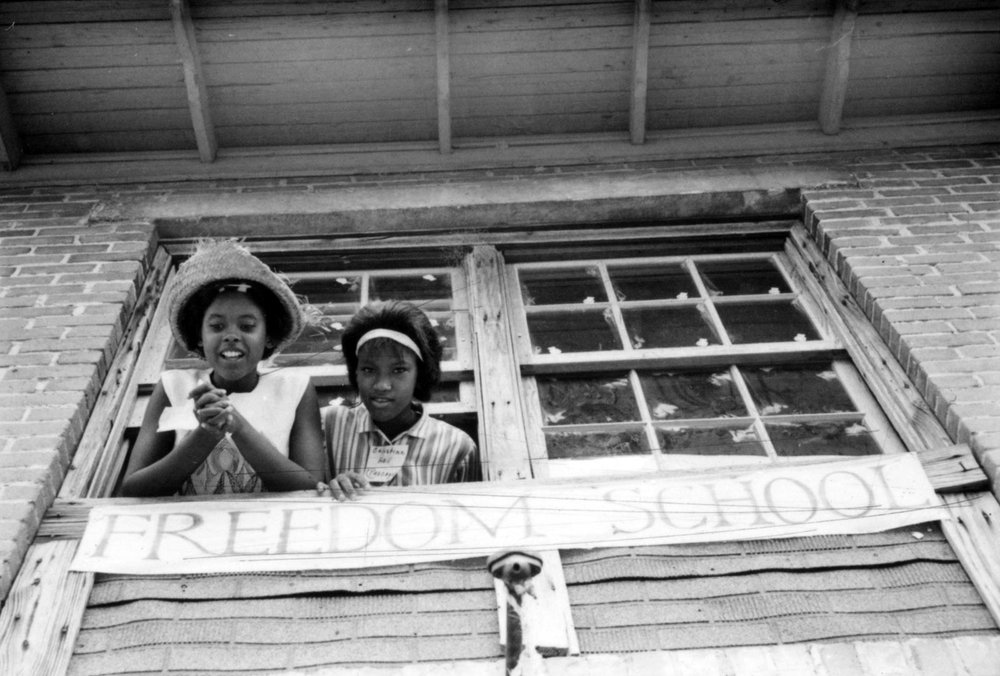
During one long, hot summer, thousands of Mississippians engaged in a radical educational experiment. They were students in Freedom School, an alternative academic experience sponsored by the Council of Federated Organizations, or COFO. In summer 1964, COFO, an umbrella group for several civil rights organizations, brought more than 700 student volunteers from colleges across the country to help Mississippi’s Black residents register to vote. That project came to be known as Freedom Summer, with Freedom Schools as an essential element.
A typical day at a Freedom School started at 9 a.m. with singing and a briefing on current events, followed by citizenship class and then a choice of art, auto mechanics, dance, drama, games, guitar or sports. Afternoon sessions offered subjects such as French, comparative religion and playwriting. Students met in churches, homes and outside under the glaring sun; they ranged in ages from four to 25. All of them were Black.
At a time when education was still segregated in Mississippi, Freedom School was a threatening prospect—and as such, it was met with violence. Despite the danger, students came, and in numbers far beyond what COFO had expected. Where organizers had planned on 20 schools and 1,000 students, the network ultimately grew to 41 schools serving more than 2,000 students.
Through lessons in African-American history and Mississippi politics, Freedom School teachers sought to link education to political action. They wanted to offer what COFO activist Charlie Cobb described as “our own institutions to replace the old, unjust, decadent ones which make up the existing power structure.” Eleven-year-old Rosalyn Waterhouse of the Meridian Freedom School put the program’s pedagogical aims in simpler terms. “I am a Negro and I want to be free as any other child,” she wrote in a poem composed that summer. “To wander about the house and the woods and be wild./ I want to be Free, Free, Free.”
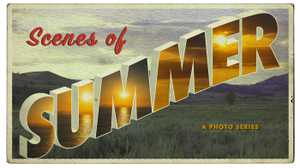
A new AMERICAN EXPERIENCE collection of images celebrating summer in America throughout the 20th century, from historical firsts like the original drive-in movie theater to iconic events like the 1977 New York City blackout.
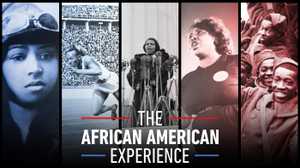
An AMERICAN EXPERIENCE collection featuring a selection of films documenting the African American Experience — along with articles, digital shorts and original features exploring America’s continued struggle with race, democracy and justice, and celebrating the contributions of Black Americans to the American story.




